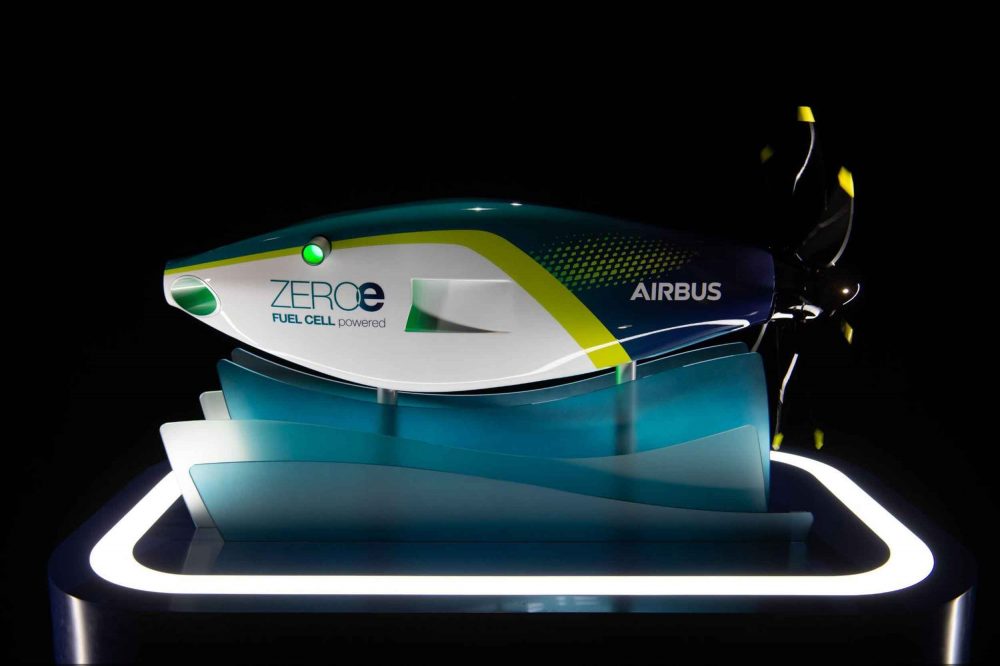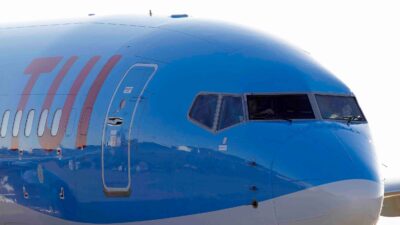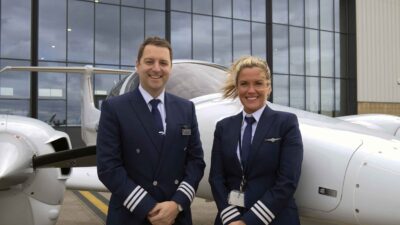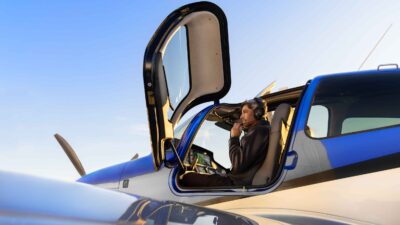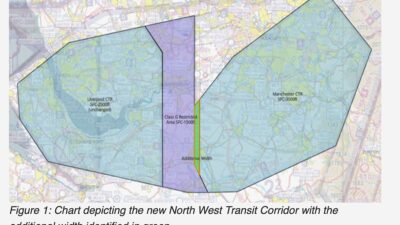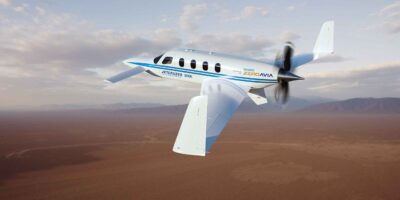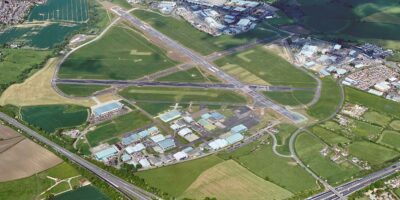Airbus has revealed a hydrogen-powered fuel cell engine. The propulsion system is being considered as one of the potential solutions to equip its zero-emission aircraft to enter service by 2035.
Airbus will start ground and flight testing fuel cell engine architecture onboard its ZEROe demonstrator aircraft around 2025. The Frenmch manufacturer’s A380 MSN1 flight test aircraft is being modified to carry liquid hydrogen tanks and associated systems.
“Fuel cells are a potential solution to help us achieve our zero-emission ambition and we are focused on developing and testing this technology to understand if it is feasible and viable,” said Glenn Llewellyn, VP Zero-Emission Aircraft, Airbus.
“At scale, and if the technology targets were achieved, fuel cell engines may be able to power a one hundred passenger aircraft with a range of approximately 1,000 nautical miles. By continuing to invest in this technology we are giving ourselves additional options.”
Airbus identified hydrogen as one of the most promising alternatives to power a zero-emission aircraft, because it emits no carbon dioxide when generated from renewable energy, with water being its most significant by-products.
There are two ways hydrogen can be used as a power source for aircraft propulsion.
First via hydrogen combustion in a gas turbine, second, by using fuel cells to convert hydrogen into electricity in order to power a propeller engine. A hydrogen gas turbine can also be coupled with fuel cells instead of batteries in a hybrid-electric architecture.
In addition, an engine powered by hydrogen fuel cells produces zero NOx emissions or contrails thereby offering additional decarbonisation benefits.
Airbus



